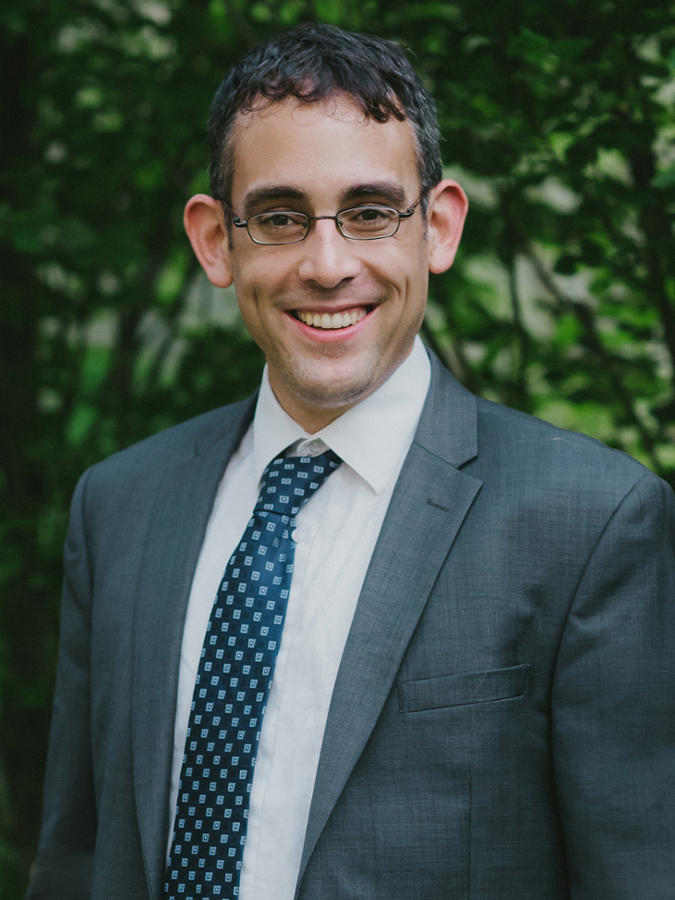By Karen Shih

As the assistant director of the Division of Leased Housing and Rental Services for Rhode Island Housing, Charley Francis, MPP’10, says he still uses what he learned at Heller every day.
He serves 17,000 low-income households across the state, overseeing about 20 staff members to implement Section 8 and resident services programs.
His goal is to be an ‘enlightened practitioner’—a common phrase at Heller—to not just administer programs, but seize opportunities to improve the lives of his residents.
“We’re in the early stages of transforming our family self-sufficiency program from just a housing authority program into an asset-building program,” he says. “I’m in a position right now where I can make that happen because I understand its value. Without Heller, where I got the background on asset-building, I wouldn’t have known or understood how important that was. It all comes around.”
Francis first became interested in social policy as an undergraduate student, when he took a class that evaluated a public housing program. It spurred him to apply for AmeriCorps VISTA, which sent him to Utica, New York. He worked there for four years on housing issues, doing community organizing and re-integrating ex-offenders. He realized a public policy degree could help give him the analytical framework to make a bigger difference in similar communities across the United States.
“When I was applying, I didn’t see any other program that had the sense of mission and purpose that Heller had,” he says. At Heller, he found a tight-knit, passionate community among his classmates—many of whom he’s still close friends with today.
After earning his MPP, Francis became a Presidential Management Fellow, working for the U.S. Department of Housing and Urban Development for five years, then serving as director of policy for the Massachusetts Department of Housing and Community Development for a year before taking on his current role at Rhode Island Housing.
“I like issues that have a big impact but might not be an issue everyone is focusing on, like housing,” he says. “It’s a niche policy area, but if you think about it, it’s so basic: It’s not only about survival, but about outcomes like health, employment and more. There’s a lot of work to be done.”
In addition to the new asset-building initiative, he’s also proud of a new push to get broadband internet into public housing statewide—something that’s never been done—and the creation of a centralized wait list for RI’s housing voucher program, which is administered by 27 different housing authorities across the state.
It’s taken years of hard work to put himself in a position to implement this type of wide-scale change, he says.
“Be patient. Your time at Heller is just part of the puzzle. There’s so much learning to do in the world—just let it build and you’ll get there,” he says. “See what different opportunities arise, especially out of the networks and relationships you develop, to see what you enjoy and what you don’t. Don’t be afraid to pivot.”
